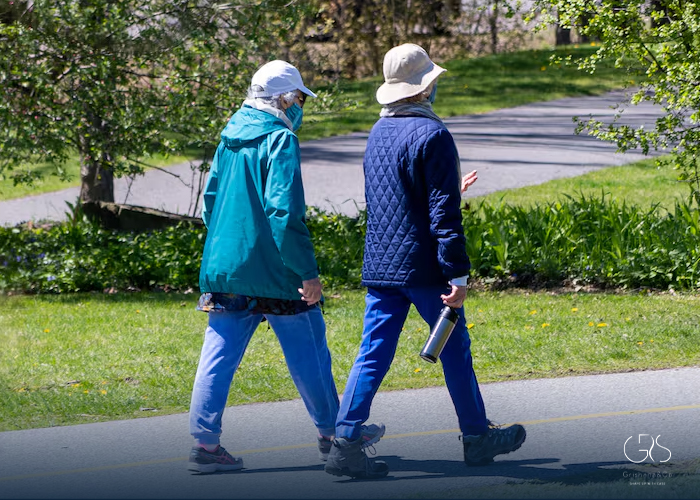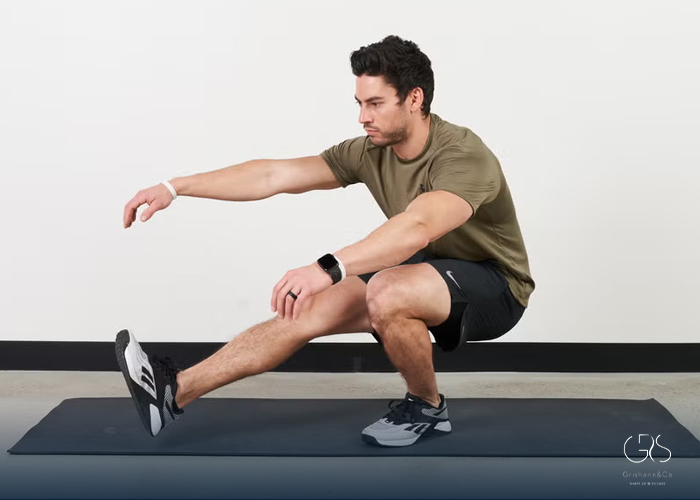Physical activity is generally recommended for overall health and well-being, but when it comes to working out while sick, it’s essential to consider several factors before deciding whether to exercise or not. Exercising with mild symptoms of a common cold or allergies may be safe for some individuals, whereas working out with more severe illnesses could lead to complications and hinder the recovery process.
When To Avoid or Minimize Exercise While Sick
It is crucial to listen to your body when you are feeling under the weather. If you are experiencing symptoms such as fever, muscle aches, extreme fatigue, chest congestion, or vomiting, it is advisable to avoid exercising until you have fully recovered. Exercising with these symptoms can put additional stress on the body and prolong the healing process.
When It’s Safe To Exercise and How Long To Wait Before Working Out Again
If you have mild symptoms such as a runny nose, sore throat, or mild headache, it may be safe to engage in light to moderate exercise. However, it is essential to pay attention to how your body responds during and after the workout. Once your symptoms have improved, you can gradually increase the intensity and duration of your workouts. It is generally recommended to wait at least 24 to 48 hours after your symptoms have subsided before resuming intense exercise.
Types of Exercise That Might Be More or Less Beneficial
- More Beneficial:
- Walking: Gentle walking can help improve circulation and promote recovery without putting too much strain on the body.
(I would recommend reading my article that discusses calories while walking)
- Yoga: Engaging in gentle yoga poses can help reduce stress, improve flexibility, and support the immune system.
(I would suggest reading my article on beginner-friendly yoga poses)
- Swimming: Swimming can be beneficial for those with mild symptoms as the water provides resistance without putting stress on the joints.
(Read more about health benefits of swimming)
- Walking: Gentle walking can help improve circulation and promote recovery without putting too much strain on the body.
- Less Beneficial:
- Lifting Weights: Heavy weightlifting may put additional strain on the body when you are sick and make it harder for your body to recover.
- Jogging: High-impact activities like jogging can exacerbate symptoms and prolong the recovery process.
- Biking: While biking can be a low-impact exercise, it may still require a significant amount of energy that your body may need for healing.
Anything Outdoors in the Cold
Exercising outdoors in cold weather can have both benefits and risks. Cold air can exacerbate respiratory symptoms for some individuals, especially those with asthma or allergies. However, outdoor exercise can also provide fresh air and a change of environment, which may be beneficial for mental health. When exercising outdoors in the cold, it is essential to dress in layers, cover exposed skin, and stay hydrated.
Dance
Dance can be a fun and effective form of exercise, but when you are sick, it is important to choose low-impact dance styles and modify the intensity based on how you are feeling. Listen to your body, and if dancing exacerbates your symptoms, it may be best to take a break until you are fully recovered.
General Tips for Working Out While Sick
- Stay hydrated and drink plenty of fluids.
- Choose low-impact exercises to reduce strain on the body.
- Modify the intensity and duration of your workout based on how you are feeling.
- Get plenty of rest and prioritize sleep to support recovery.
- Consult with a healthcare provider if you are unsure whether it is safe to exercise.
Allergy Tips
Allergies can make it challenging to exercise, especially outdoors. To minimize allergy symptoms while working out, consider exercising indoors on high-pollen days, using antihistamines as needed, and avoiding exercising in areas with high pollen counts.
Conclusion
Whether or not to exercise while sick depends on the severity of your symptoms and how your body responds to physical activity. It is crucial to prioritize rest and recovery when needed and listen to your body’s signals. When in doubt, it is always best to consult with a healthcare provider before engaging in exercise while under the weather.
Sources
- Centers for Disease Control and Prevention, Physical Activity Basics and Your Health
- Mayo Clinic, Is it OK to exercise if I have a cold?
- Asthma and Allergy Foundation of America, Exercise-Induced Bronchoconstriction (Asthma)
- American College of Sports Medicine, Exercising in the Cold: Chilled, not Shaking!













